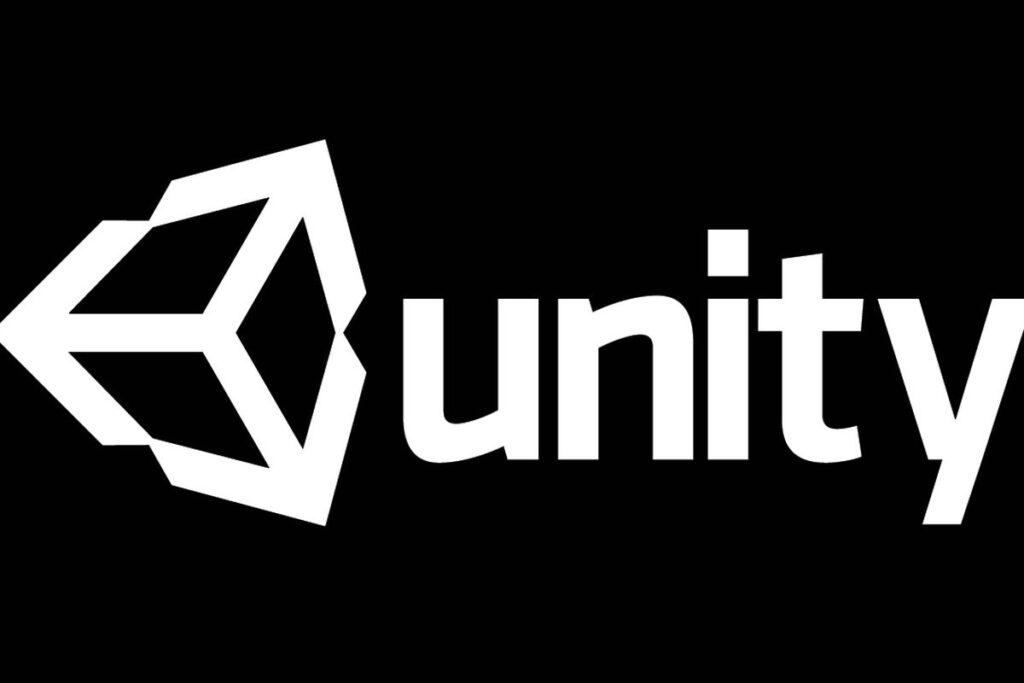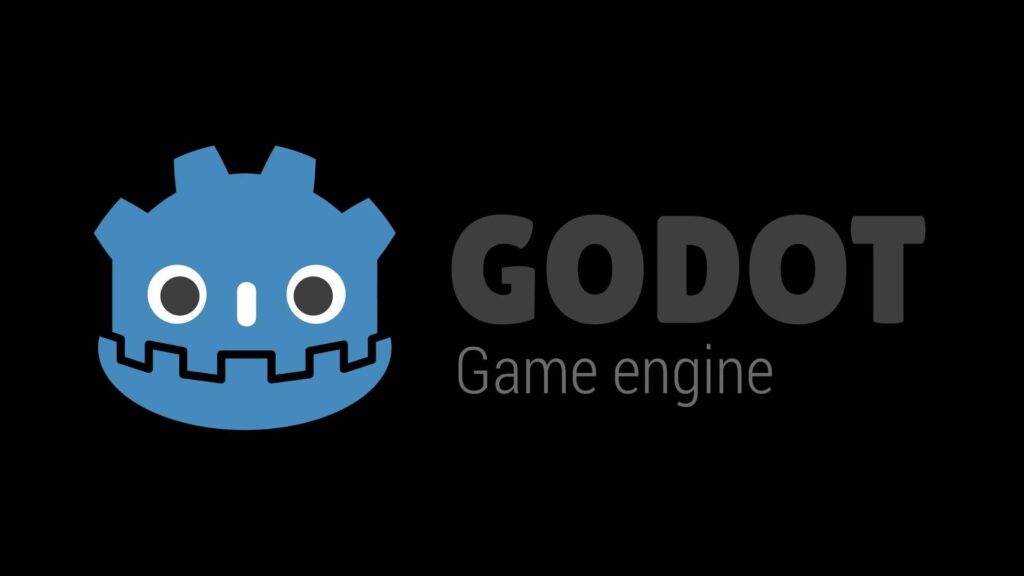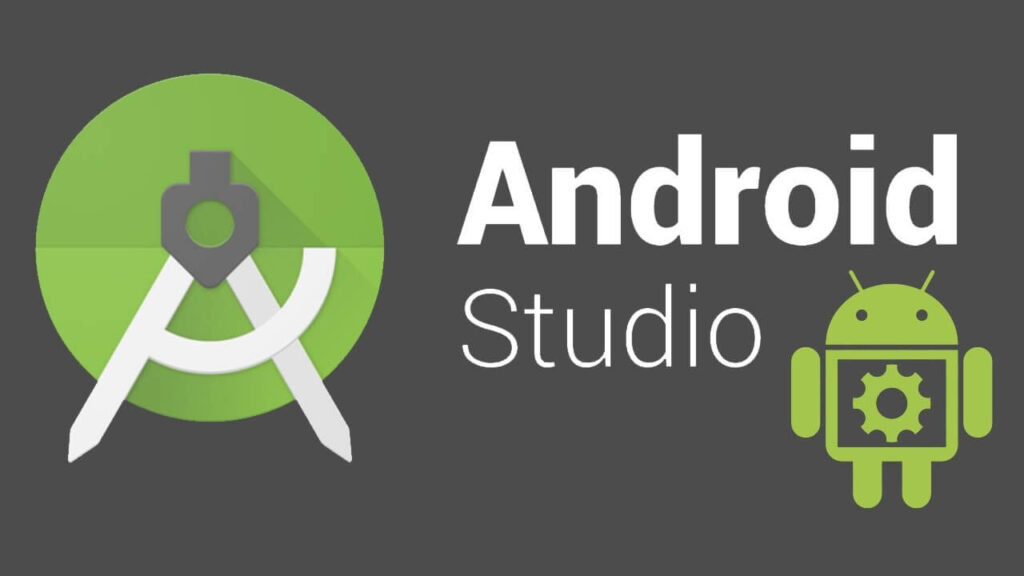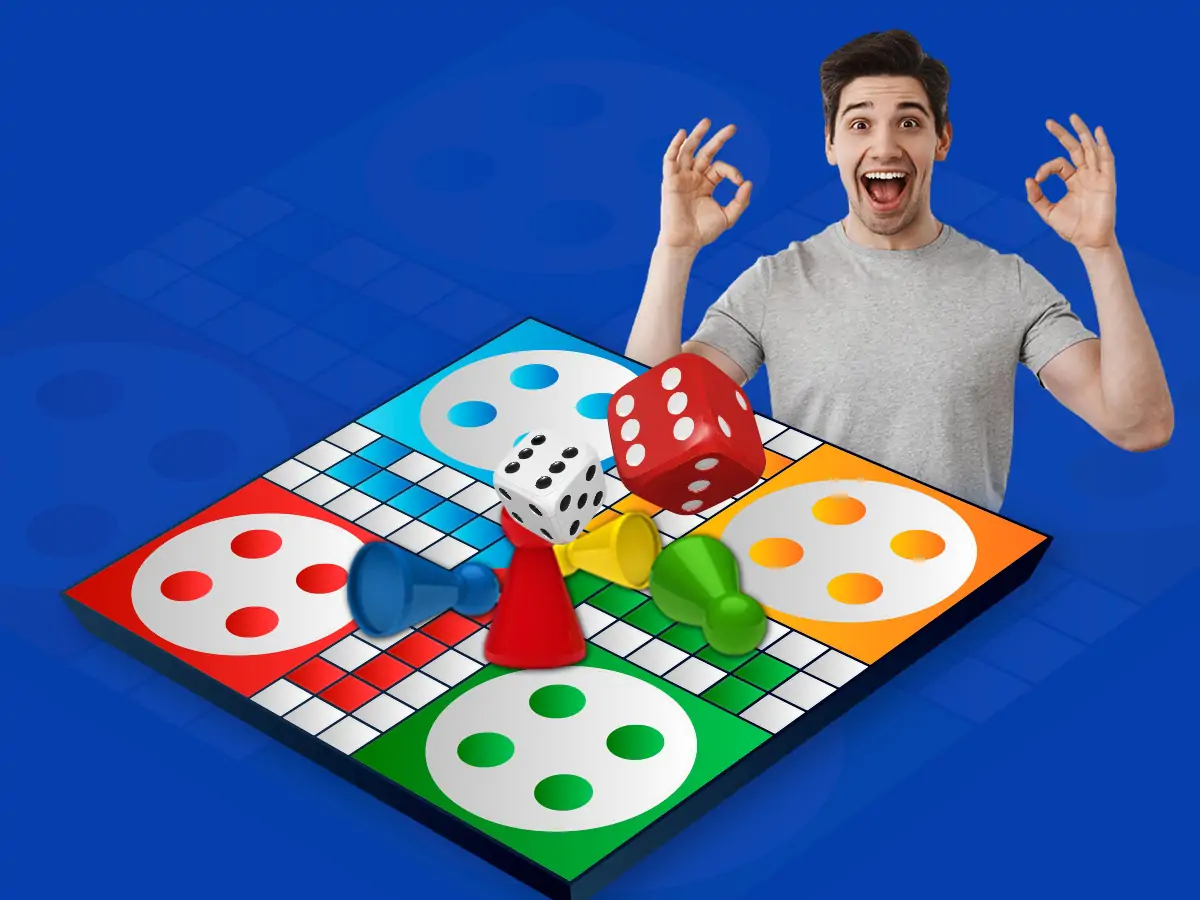In this blog post, we will look at some of the most popular modern tools for Android game development. We will discuss their features, benefits, and drawbacks so that you can choose the right tool for your needs.
Unity

Unity is one of the most popular game engines for all platforms, including Android. It is a powerful and versatile tool that can be used to create 2D and 3D games. Unity also has a large community of users and developers, which means that there are plenty of resources available to help you learn and use the engine.
One of the biggest benefits of Unity is its cross-platform support. This means that you can create a single game that can be played on multiple platforms, such as Android, iOS, Windows, and macOS. This can save you a lot of time and money, as you do not need to develop separate versions of your game for each platform.
Another benefit of Unity is its ease of use. The engine is designed to be as user-friendly as possible, even for beginners. There are plenty of tutorials and documentation available to help you get started, and the Unity community is always willing to help.
However, Unity is not without its drawbacks. The engine can be quite expensive, especially for small developers. It can also be difficult to learn, especially if you are new to game development.
Unreal Engine

Unreal Engine is another popular game engine that is used to create high-quality 3D games. It is a powerful tool that offers a wide range of features, including real-time rendering, physics, and animation. Unreal Engine is also cross-platform, so your games can be played on multiple devices.
One of the biggest benefits of Unreal Engine is its performance. The engine is optimized for high-end graphics cards, so your games will look great on even the most powerful devices. Unreal Engine also supports a wide range of platforms, so your games can be played on a variety of devices.
Another benefit of Unreal Engine is its community. There is a large and active community of Unreal Engine users who are always willing to help each other. There are also many tutorials and resources available online to help you learn how to use the engine.
However, Unreal Engine is not without its drawbacks. The engine can be quite expensive, especially for small developers. It can also be difficult to learn, especially if you are new to game development.
Godot

Godot is a free and open-source game engine that is gaining popularity among developers. It is a powerful and versatile tool that can be used to create 2D and 3D games. Godot also has a large community of users and developers, which means that there are plenty of resources available to help you learn and use the engine.
One of the biggest benefits of Godot is its price. The engine is completely free to use, even for commercial projects. This makes it a great option for small developers who are on a budget.
Another benefit of Godot is its ease of use. The engine is designed to be as user-friendly as possible, even for beginners. There are plenty of tutorials and documentation available to help you get started, and the Godot community is always willing to help.
However, Godot is not without its drawbacks. The engine is still under development, so it may not be as stable or feature-rich as some of the other options on this list. It can also be difficult to learn, especially if you are new to game development.
Android Studio: The Native Development Kit (NDK)

While game engines like Unity and Unreal Engine provide comprehensive tools for Android game development, some developers prefer a more native approach. Android Studio, the official integrated development environment (IDE) for Android, offers powerful features specifically designed for Android app and game development.
Android Studio supports both Java and C++ programming languages, providing developers with flexibility when building their games. Java is the standard language for Android app development, while C++ offers better performance and is commonly used for intensive game programming tasks.
Android Studio comes equipped with a suite of profiling and debugging tools that help developers optimize their games for better performance. These tools allow developers to analyze CPU usage, memory allocation, and network activity, ensuring their games run smoothly on Android devices.
Android Studio provides an emulator and device testing capabilities, allowing developers to test their games on a wide range of virtual and physical Android devices. This ensures compatibility across different screen sizes, resolutions, and hardware configurations, resulting in a seamless gaming experience for users.
Other popular tools
In addition to Unity, Unreal Engine, and Godot, there are a number of other popular tools for Android game development. These include:
- Xamarin: Xamarin is a cross-platform development platform that allows you to develop Android games using C#.
- GameMaker Studio: GameMaker Studio is a 2D game engine that is easy to learn and use.
- Construct 3: Construct 3 is a drag-and-drop game engine that is perfect for beginners.
Choosing the right tool
When choosing a tool for Android game development, there are a few factors to consider:
- Your budget: Some tools are free or open source, while others can be quite expensive.
- Your experience level: If you are a beginner, you may want to choose a tool that is easy to learn and use.
- The type of games you want to create: Some tools are better suited for 2D games, while others are better suited for 3D games.
- The features you need: Some tools offer a wide range of features, while others are more limited.
Getting started
Once you have chosen a tool, you can start learning how to use it. There are many resources available online to help you get started, including tutorials, documentation, and forums.
Publishing your games
Once you have created your game, you can publish it to the Google Play Store. The Google Play Store is a great way to get your game in front of millions of potential players.
Angular vs React for Game Development
When it comes to game development, both Angular and React are primarily web development frameworks that focus on building user interfaces. However, they have different approaches and use cases. Let’s discuss each one:
Angular:
Angular is a comprehensive and full-featured framework developed by Google. It provides a complete solution for building complex web applications, including game development. Angular utilizes TypeScript, a superset of JavaScript, and follows a component-based architecture.
Pros of using Angular for game development:
Strong structure and organization: Angular enforces a well-defined structure and best practices, making it suitable for larger game projects.
Powerful and extensive ecosystem: Angular offers a wide range of libraries, tools, and official documentation to support development.
Built-in features: Angular includes features like dependency injection, routing, and form handling, which can be beneficial for building complex game interfaces.
Good for enterprise-level applications: Angular is often preferred for enterprise-level projects due to its robustness and scalability.
Cons of using Angular for game development:
Steeper learning curve: Angular has a steeper learning curve compared to other frameworks, which might require more time and effort to master.
Larger bundle size: The size of Angular applications can be relatively larger compared to other frameworks, which could impact game performance, especially for mobile devices.
React:
React, developed by Facebook, is a JavaScript library that focuses on building user interfaces. It uses a component-based approach and allows developers to create reusable UI components.
Pros of using React for game development:
Lightweight and flexible: React’s lightweight nature allows for faster loading times and better performance, which is crucial for game development.
Virtual DOM: React’s virtual DOM enables efficient rendering, making it suitable for real-time applications like games.
Vast ecosystem and community: React has a large and active community, resulting in a wide range of third-party libraries, tools, and resources that can be leveraged for game development.
Easy to learn: React has a relatively shallow learning curve, especially if you are already familiar with JavaScript.
Cons of using React for game development:
Lacks some built-in features: React itself is primarily focused on building user interfaces and does not provide built-in features like routing or form handling. However, these features can be added using additional libraries.
Less prescriptive: React provides flexibility in terms of project structure and organization, which can be beneficial but also requires more decision-making on the developer’s part.
Overall, both Angular and React can be used for game development, but they have different strengths and considerations. If you prefer a more structured and opinionated approach with extensive built-in features, Angular might be a better choice. On the other hand, if you prioritize performance, flexibility, and a thriving community, React could be a more suitable option. Ultimately, the choice depends on your specific requirements, preferences, and familiarity with the frameworks.
Conclusion
Modern tools have revolutionized the landscape of Android game development, empowering developers to create immersive and captivating gaming experiences. Whether you choose Unity, Unreal Engine, or Android Studio, these tools provide the necessary resources and functionalities to bring your game ideas to life. From powerful game engines to asset stores and debugging tools, the modern tools discussed in this article offer a comprehensive suite of features that cater to the diverse needs of game developers. Embrace these tools, hire an agency that can help you with these tools, unleash your creativity, and embark on a thrilling journey to create the next big Android game!
Frequently Asked Questions (FAQs)
Q1: Can I create 2D games using Angular or React?
Yes, you can create 2D games using Angular or React, but it might not be the most efficient or straightforward approach. Angular and React are primarily designed for building web applications, and while they can handle game development tasks, they lack the specialized features and optimizations found in game development frameworks and engines.
Q2: Can beginners use modern tools for Android game development?
Yes, modern tools like Unity and Unreal Engine are designed to be beginner-friendly, providing user-friendly interfaces, extensive documentation, and vibrant developer communities. Beginners can start learning these tools and gradually build their skills to create impressive Android games.
Q3: Are modern tools suitable for both 2D and 3D game development?
Absolutely! Unity and Unreal Engine, two of the most popular modern tools, support both 2D and 3D game development. They offer a wide range of features and resources to create games in various genres and styles, catering to the diverse needs of game developers.
Q4: Do I need to learn to program to use modern tools for Android game development?
While programming knowledge can certainly enhance your game development skills, it is not mandatory to have extensive programming experience. Modern tools like Unity and Unreal Engine provide visual scripting interfaces that allow developers to create game logic and behaviors without writing complex code.
Q5: Can I monetize my Android games built with modern tools?
Yes, you can monetize your Android games built with modern tools by integrating advertisements, in-app purchases, or even releasing premium versions of your games. Unity and Unreal Engine provide seamless integration with various monetization platforms, allowing you to generate revenue from your games.
Q6: Can I publish my Android games on Google Play Store using modern tools?
Absolutely! Both Unity and Unreal Engine provide built-in features and documentation to help developers publish their games on the Google Play Store. You can follow the guidelines provided by these tools to package and submit your games to the Play Store for distribution.









